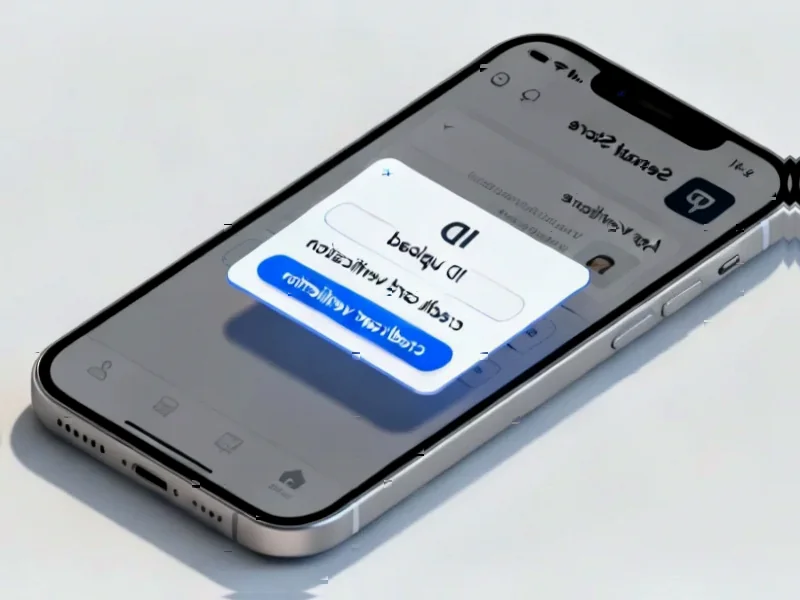According to engadget, Google and Epic Games have reached a settlement that would end their years-long court battle dating back to Epic’s 2020 lawsuit. The companies filed a proposal in San Francisco federal court asking Judge James Donato to approve modified versions of his original orders from when Google lost the case in late 2023. Google’s Android Ecosystem President Sameer Samat announced the changes will focus on expanding developer choice, lowering fees, and encouraging competition while maintaining user safety. The settlement specifies maximum fees of 9% or 20% for external payments depending on transaction type. Epic CEO Tim Sweeney praised the proposal for doubling down on Android’s original open platform vision. Judge Donato will review the proposal on Thursday, and if approved, it would resolve all litigation between the companies.
What This Means for Developers
This settlement is basically a game-changer for Android developers. For years, Google‘s 30% cut through the Play Store has been the industry standard that everyone complained about but couldn’t escape. Now? Developers will have real alternatives. They can use external payment systems with capped fees of 9% or 20% – that’s a significant drop from the traditional 30%. And here’s the thing: when developers save money, they can potentially pass those savings to consumers or reinvest in their apps.
But it’s not just about the money. The ability to seamlessly integrate alternative payment mechanisms – both in-app and through external links – gives developers unprecedented flexibility. They’re no longer locked into Google’s ecosystem. And with “reasonable, neutral criteria” for third-party stores, we’re likely to see new app marketplaces emerge that cater to specific niches or regions.
Google’s Strategic Retreat
Look, Google fought this battle hard. They appealed the original decision, tried to take it to the Supreme Court, and basically threw everything they had at delaying these changes. But when the Supreme Court denied their request in July, the writing was on the wall. This settlement feels like Google recognizing they can’t win this war and deciding to control the terms of surrender.
So why settle now? Google’s facing antitrust pressure from every direction – the DOJ case, EU regulations, state attorneys general. By settling with Epic, they remove one major legal headache and potentially create a template they can point to in other cases. It’s damage control, plain and simple. They’re trading their tight control over Android for reduced legal exposure and maybe some goodwill from developers.
The Bigger Picture
This isn’t just about Google and Epic anymore. This settlement could ripple across the entire mobile ecosystem. Apple’s watching this very closely from Cupertino, since many of the same arguments apply to their App Store. When developers have a genuinely open alternative on Android, how long before they demand the same from iOS?
The real winners here might be the smaller developers who’ve been squeezed by the traditional app store model. With lower fees and more distribution options, we could see more innovation and competition in the app space. But here’s my question: will users actually bother with multiple app stores? Convenience is a powerful force, and the Play Store isn’t going anywhere. Still, having the choice changes everything. As Tim Sweeney put it, this genuinely doubles down on Android’s original open platform vision. And that’s something worth celebrating, even if it took a brutal legal battle to get there.



